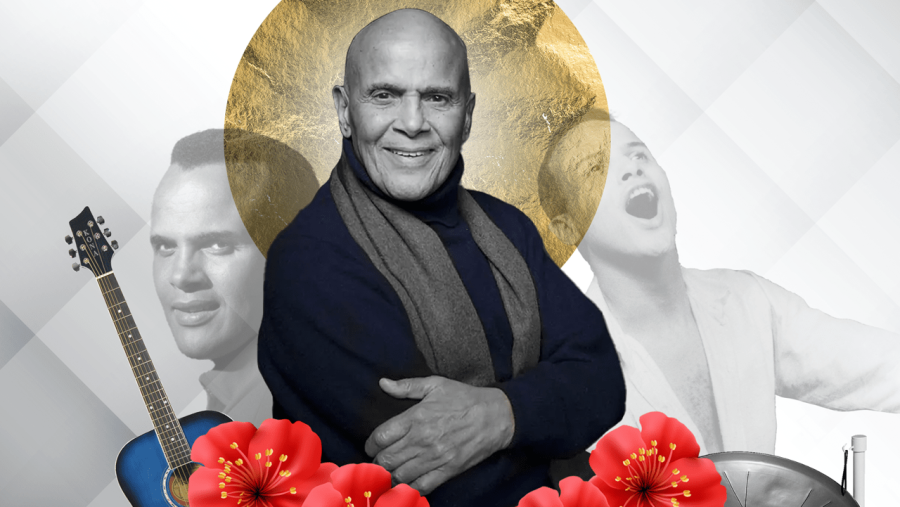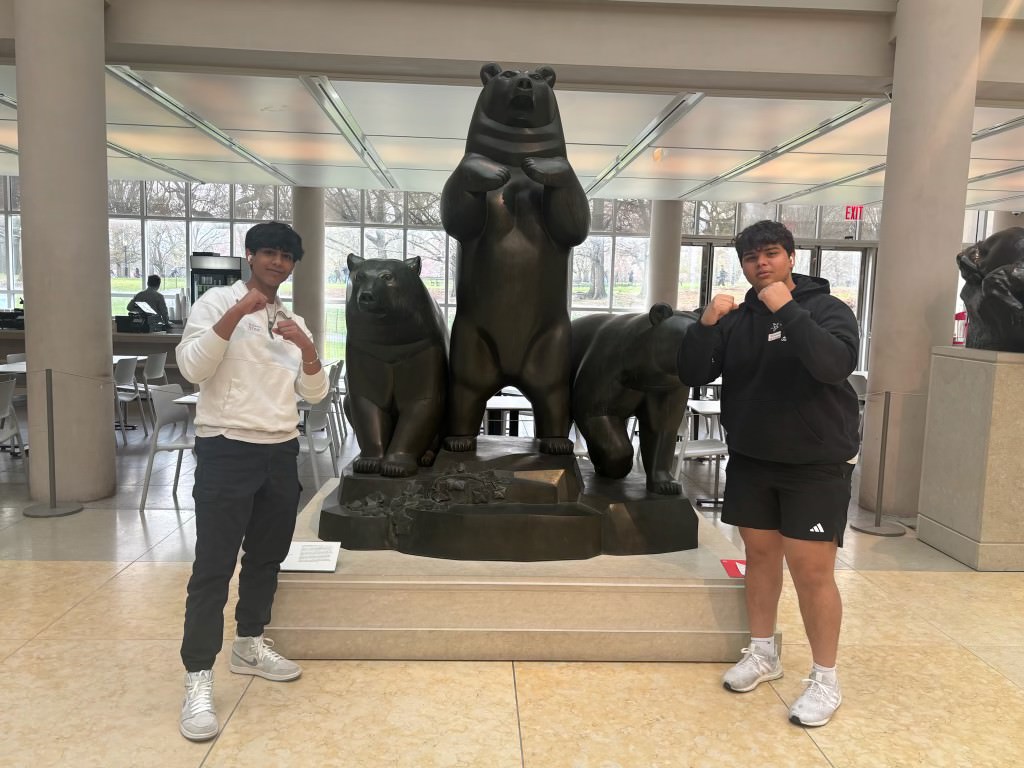Musical Icon and Civil Rights Activist Harry Belafonte Dies at 96
May 4, 2023
After spending a lifetime composing music, starring in films, and committing to civil rights advocacy, the beloved Harry Belafonte died at age 96 on April 25.
Belafonte was born in Harlem, New York City in 1927, however left the small city to live in Jamaica with his grandmother for eight years. In 1940, he returned home for school and joined the U.S. Navy, where he served in World War ll. Incidentally, his career in singing, acting, and civil rights activism blossomed afterwards.
Belafonte did not foresee his success in the music industry right off the bat. He started as an intermission filler at a jazz club, The Village Vanguard, and some time later, signed a contract with RCA Victor in 1953. For about thirty-five years, he made music in the blues, folk, gospel, and show-tunes genres, and also popularized calypso music among Americans with his album, Calypso.
His hit record, “Day-O (Banana Boat)”, released in 1956, broke the barrier between Black voices and the White-dominated music industry. Belafonte’s song, inspired by a traditional, culturally significant Jamaican folk tune, diverged from centralized rock and roll music and paved the way for African American influence in the music industry.
Even young people today remember Belafonte for the waves he has made in the music industry. When Wayne Hills students heard of Belafonte’s passing, many responded with, “Oh, the guy who wrote ‘the Banana Boat Song?’ I love that song!”
However, Belafonte’s legacy is owed to much more than just one song. His other popular songs, “Jamaica Farewell” and “Shake, Shake Senora”, as well as his famous movies, Carmen Jones (1954) and Island in the Sun (1957), are still loved and eternalized by Americans today.
Apart from projecting his voice in the music and television industries, he really spoke through social activism. He became the American Civil Liberties Union celebrity ambassador for juvenile justice issues, as well as worked with Martin Luther King Jr. to raise money for the Southern Christian Leadership Conference.
Being an activist himself and wanting to confront oppression, Belafonte helped bail out civil rights activists who had been jailed for expression and protesting, and notably, he contributed to organizing the March on Washington in 1963.
Wayne Hills math teacher Mr. Eustice esteems Belafonte for his fearless efforts in the Civil Rights movement. He said, “I have a great respect for people who become activists in the Civil Rights movement and don’t care about what effect it has on their career.” Belafonte is well-respected for his bravery in taking risks and continuing with his advocacy, despite the push back he may have received.
Although Belafonte has passed, his voice will continue to be heard, and he will be remembered for his courageous efforts and accomplishments in the midst of oppression and a fight for civil rights.

















